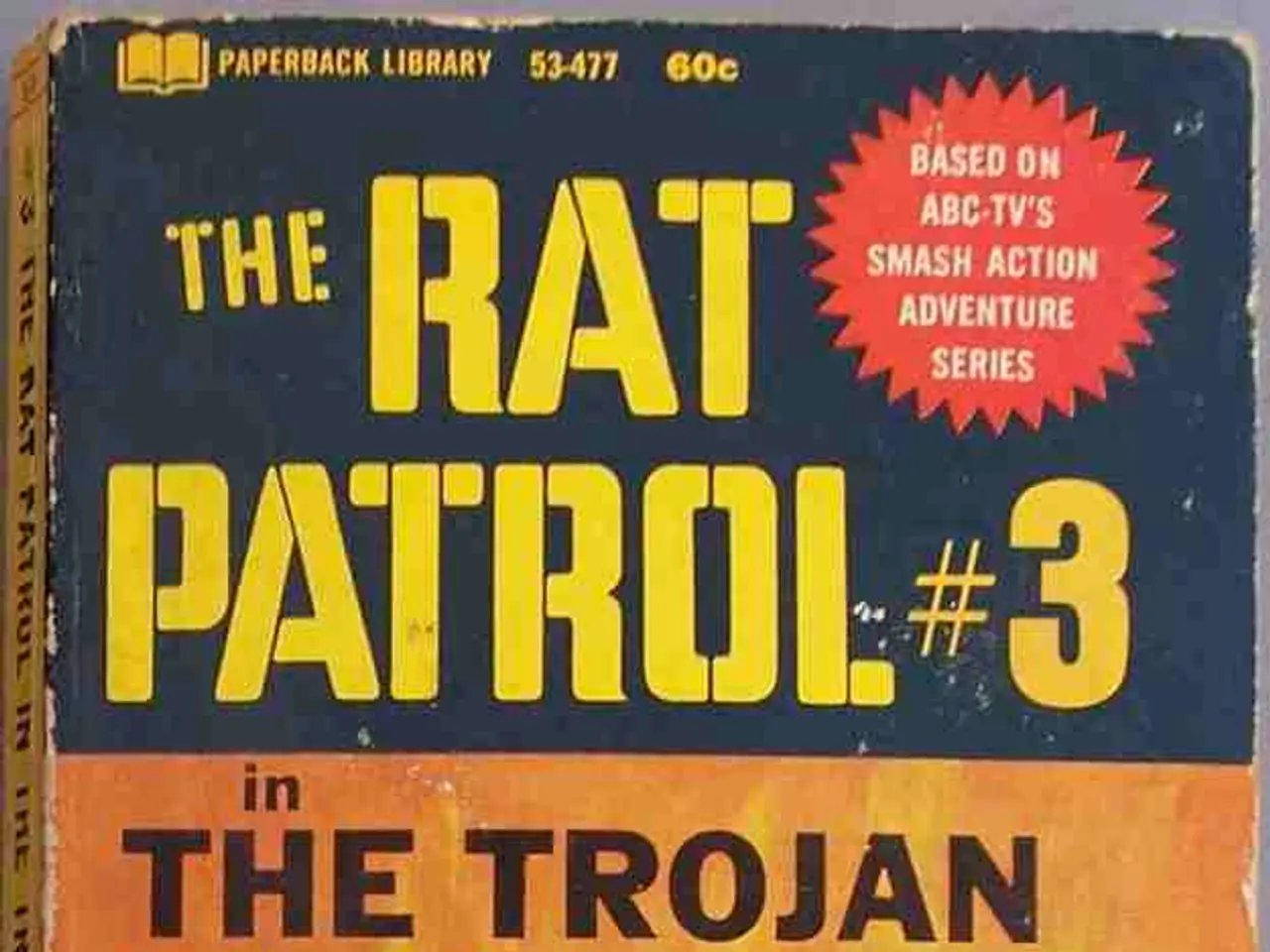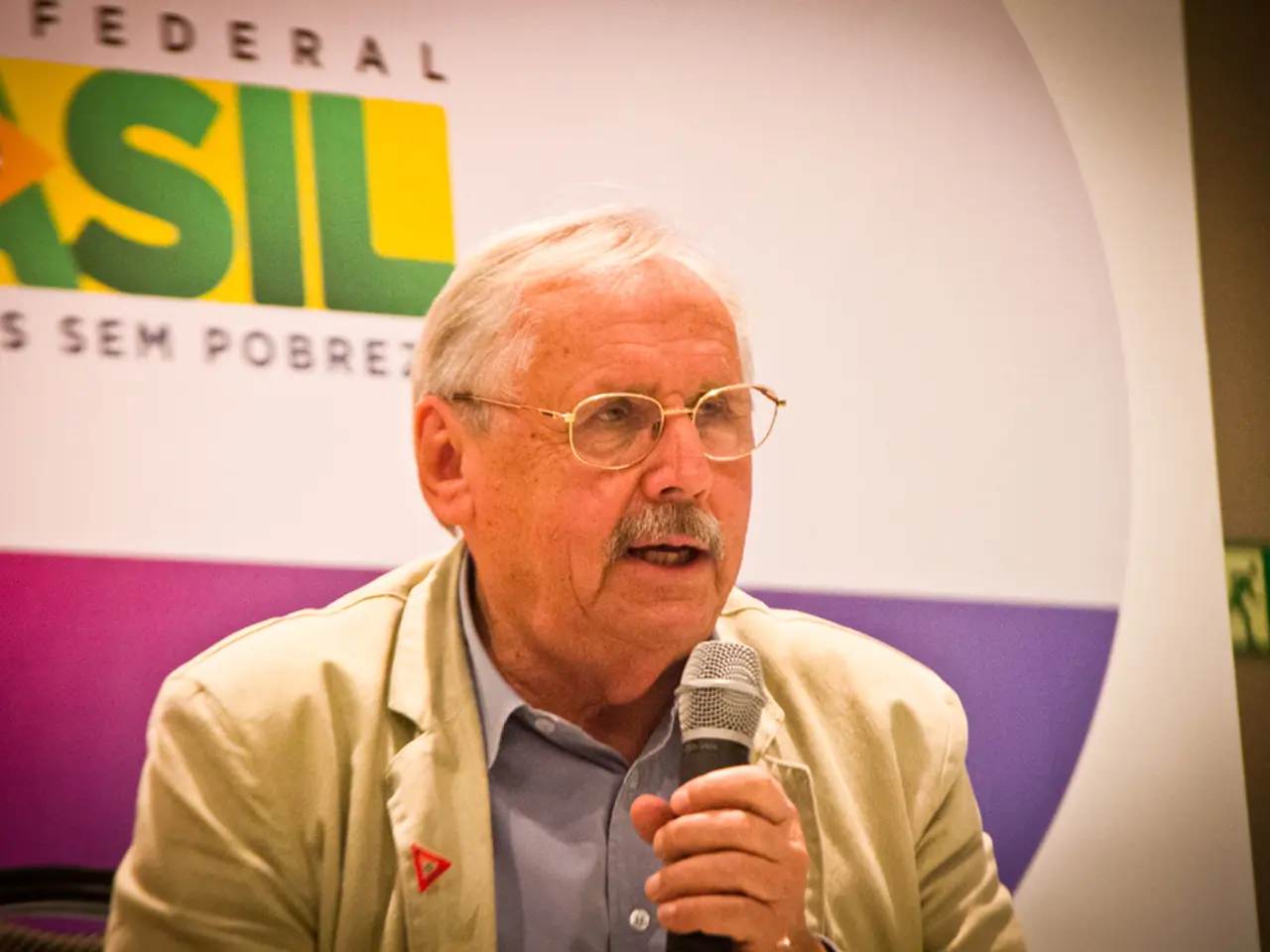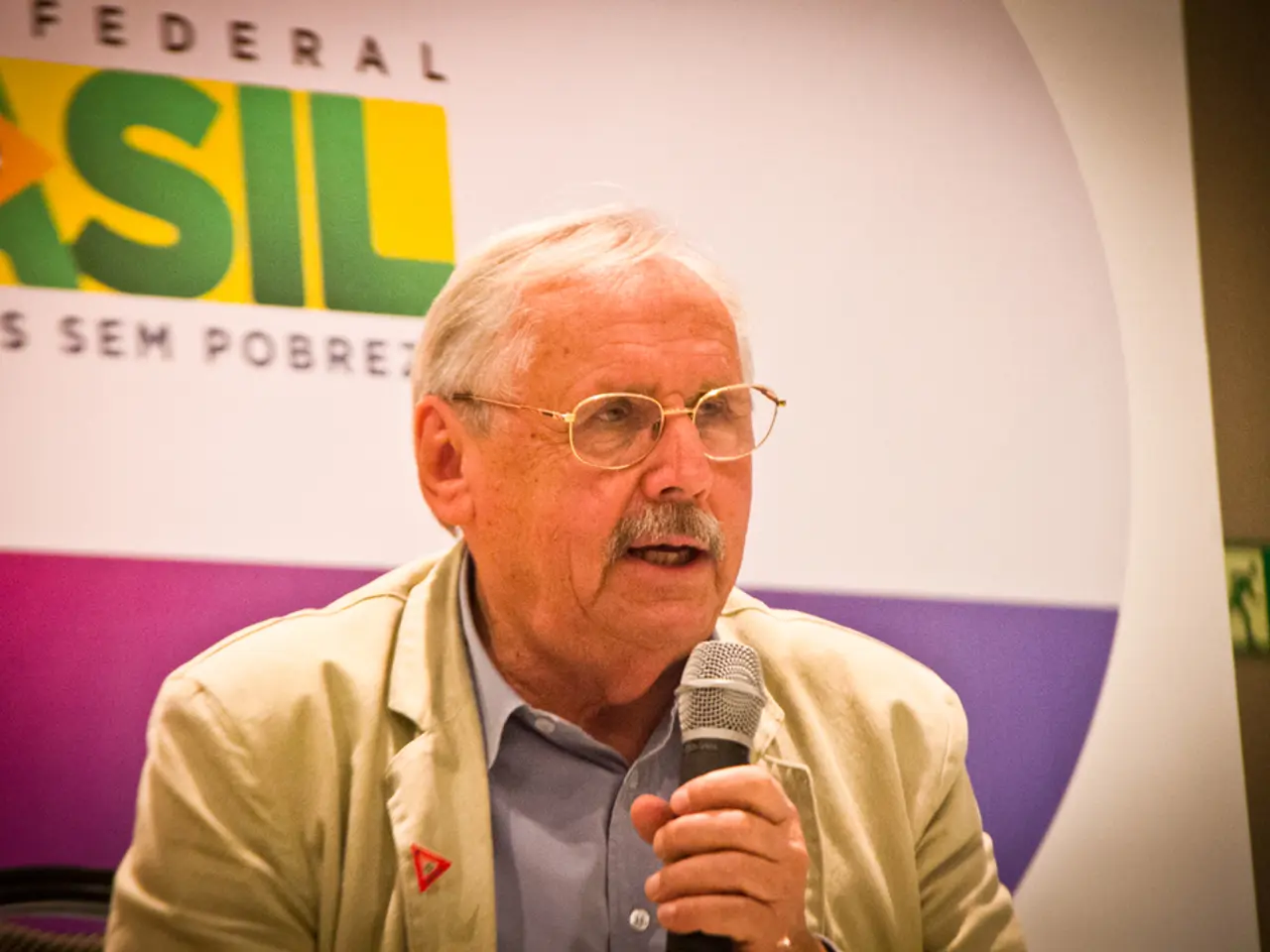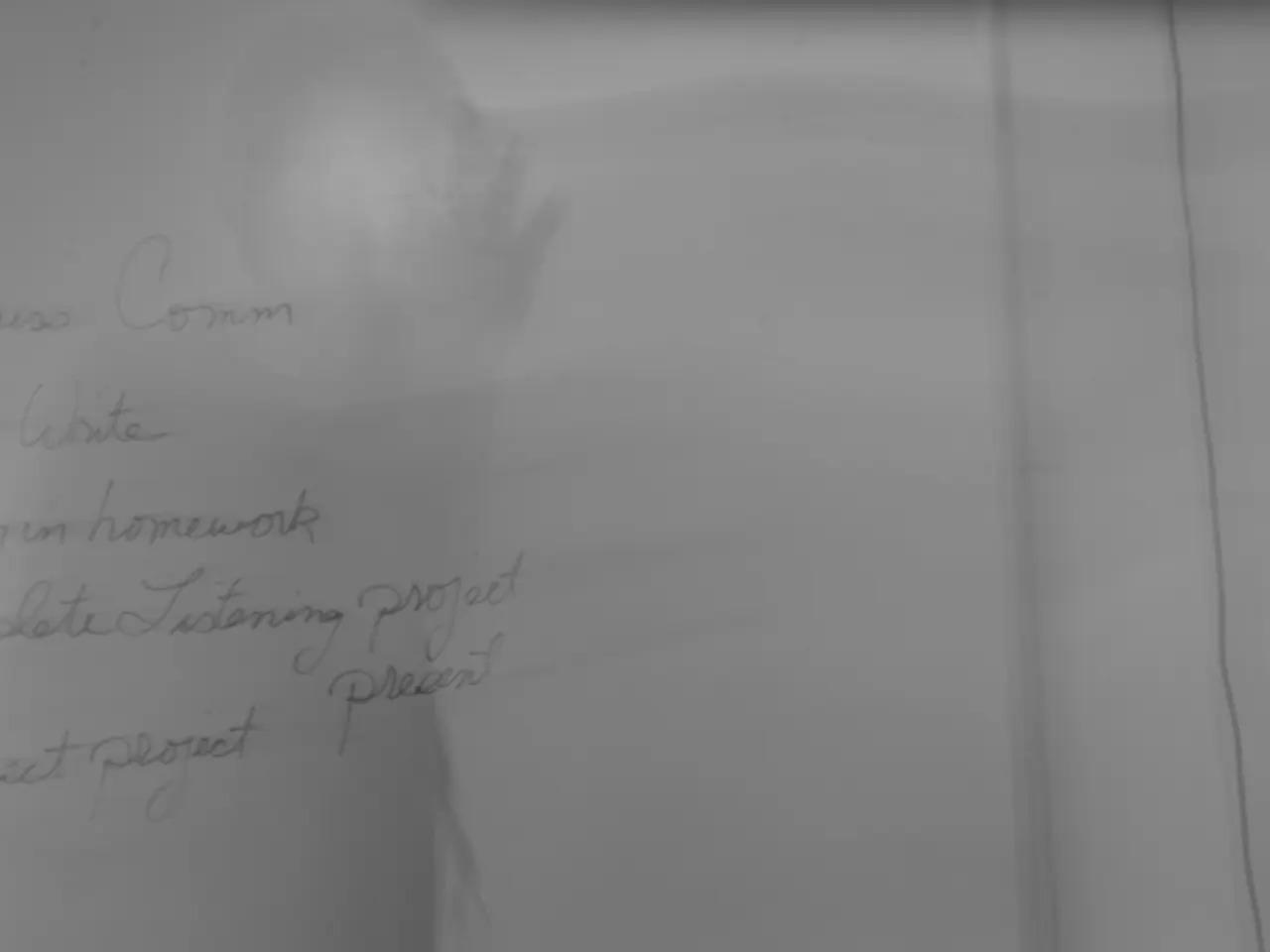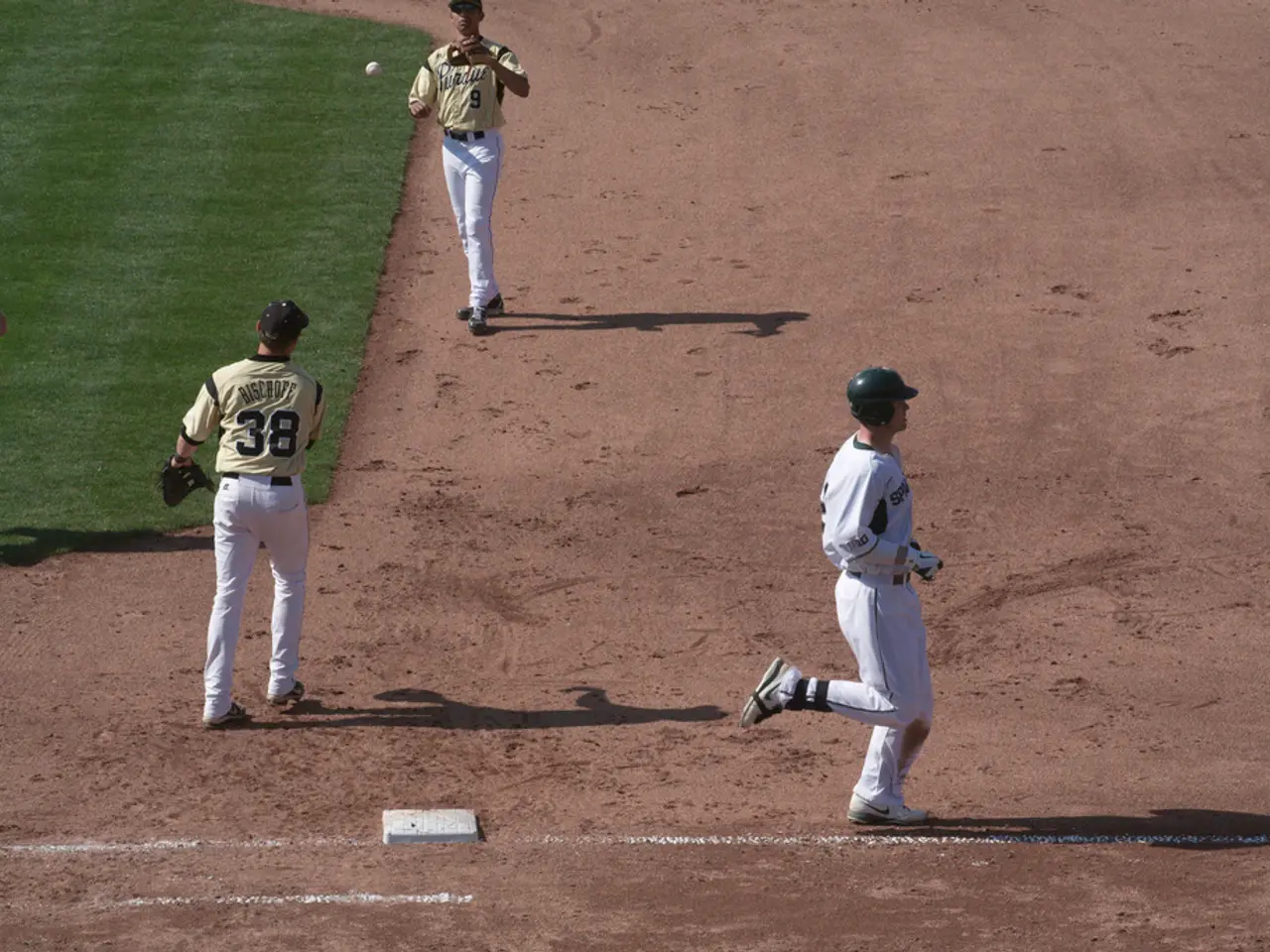" Trump's assertion on 50 days sparks reaction from the Kremlin and Russian Foreign Ministry regarding the issue of inappropriate influence"
In a significant turn of events, President Trump has issued a warning to Russia, threatening to impose additional tariffs of up to 100% on Russian goods if progress towards a peace agreement is not made within 50 days regarding the ongoing conflict in Ukraine.
Russian officials, including Foreign Minister Sergei Lavrov and President's Press Secretary Dmitry Peskov, have responded to these statements, expressing concern and dismissing the imposed timeline for a ceasefire. Lavrov noted that similar demands had been made before, within 24 hours and 100 days, and that Moscow continues to await signals from Kiev regarding its readiness to resume dialogue.
Meanwhile, Ukraine remains engaged in active defense and counteroffensive operations, with advances in northern Sumy Oblast and pushing into Russian border territories like Kursk Oblast. The Ukrainian government is collaborating closely with the United States and NATO allies to receive military aid and advanced weaponry, including Patriot air defense systems.
The U.S. is providing significant military and economic support to Ukraine, with President Trump reaffirming commitments to NATO's Article 5 collective defense and initiating a US-led effort to supply Ukraine with advanced weaponry and systems paid for by NATO allies. The U.S. consistently emphasizes that a negotiated settlement remains the preferred outcome to end Russia’s full-scale invasion, acknowledging that a strictly military solution is unlikely and would carry severe costs, particularly for Ukraine.
American leadership appears resolute in maintaining sanctions and economic pressure on Russia to incentivize negotiations and diminish Russia’s capacity to sustain its military campaign. Lavrov, however, spoke about the West’s sanctions policy, stating that the European economy is primarily suffering from the imposed restrictions.
In response to Trump's statements, Dmitry Medvedev, a high-ranking Russian official, responded with the phrase, "Russia doesn't care." Lavrov also referred to the proverb "do not dig a hole for others," stating that the European economy is primarily suffering from the imposed sanctions.
As the conflict in Ukraine continues, it is clear that the positions of Russia, Ukraine, and the United States remain divergent. Russia maintains its military campaign rejecting ceasefire demands, Ukraine fights to defend and reclaim territory with growing Western military support, and the U.S. leads in supporting Ukraine militarily and economically while pushing for a negotiated resolution to the conflict but remaining firm against Russia’s aggression.
What is the stance of Russian officials regarding Trump's warning about additional tariffs and the 50-day timeline for a peace agreement in Ukraine? They have expressed concern and dismissed the imposed timeline, with Foreign Minister Lavrov noting that similar demands had been made before and that Moscow continues to await signals from Kiev.
In the context of war-and-conflicts, politics, general-news, and policy-and-legislation, this situation highlights the divergent positions of Russia, Ukraine, and the United States. Russia maintains its military campaign rejecting ceasefire demands, Ukraine fights to defend and reclaim territory with growing Western military support, and the U.S. leads in supporting Ukraine militarily and economically while pushing for a negotiated resolution to the conflict but remaining firm against Russia’s aggression.
